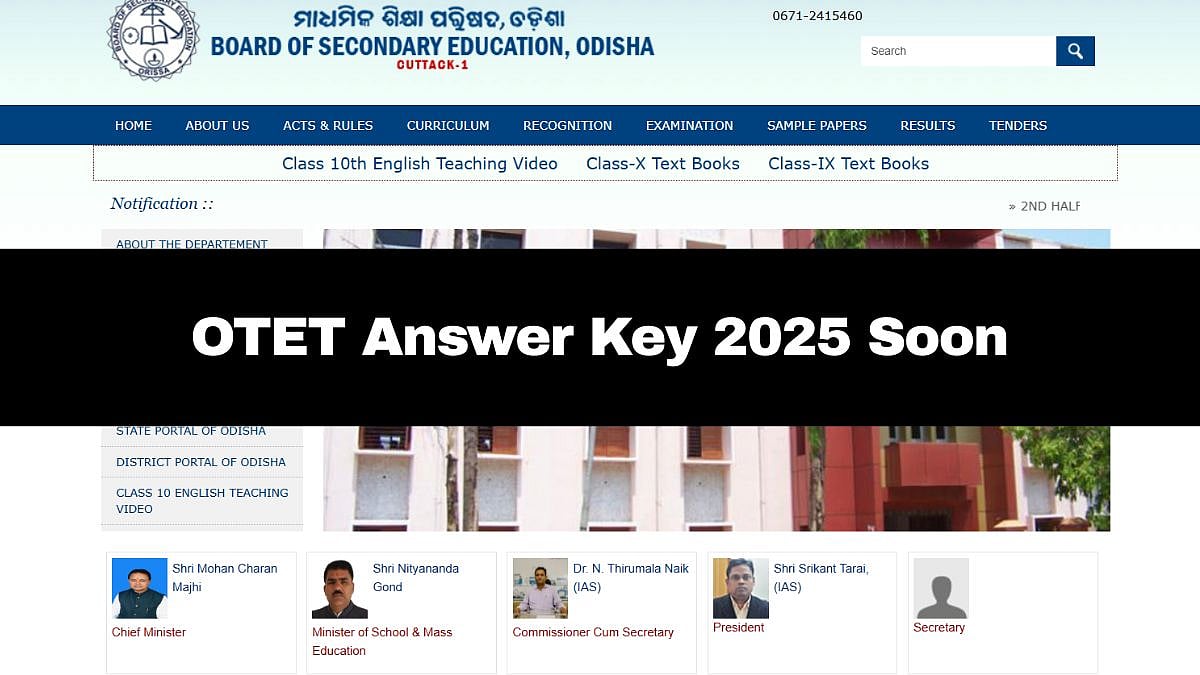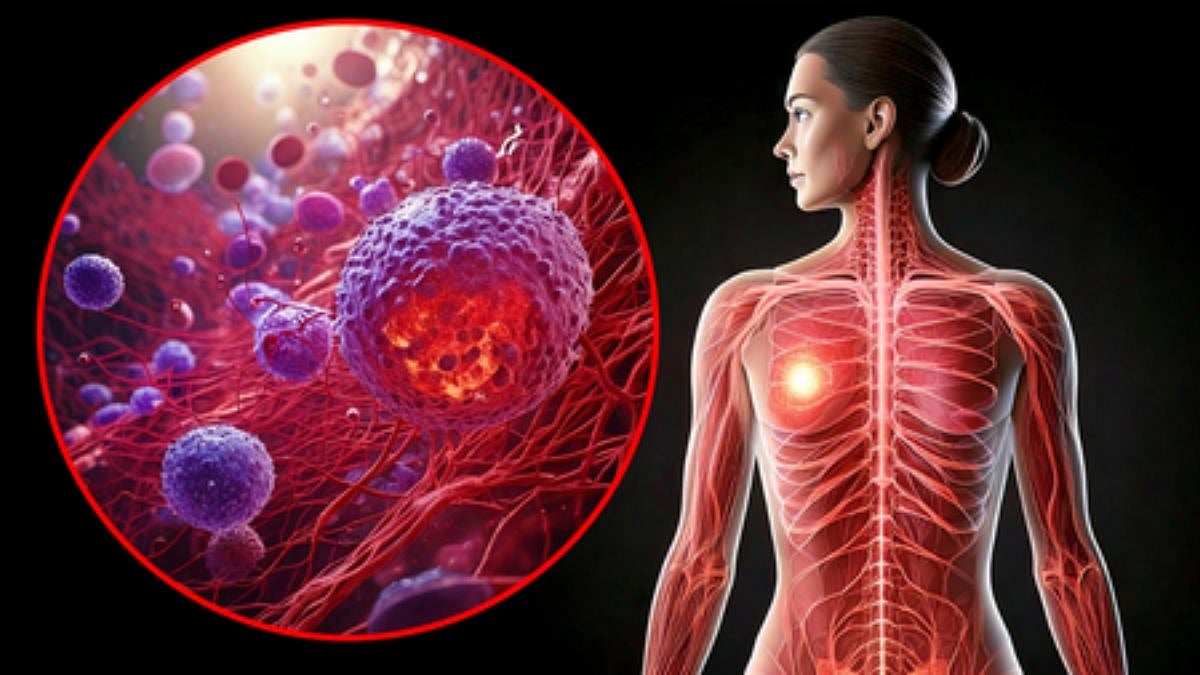2020 has been a year of immense loss and suffering. Many are grieving the sudden, unexpected loss of their loved ones, while some are trying to cope with isolation, loneliness, separation from friends and families, loss of aspirations and livelihood.
Distressing news and visuals have become commonplace in the print and television media. Humanity is grieving collectively, mourning the loss of normalcy. In times like these it is easy to feel overwhelmed, stressed, and anxious.
In August, an article that had appeared in Forbes had claimed that COVID-19 is likely to trigger an upsurge in mental health issues, terming it as a ‘mental health pandemic’.
Can we reduce suffering and distress? Can we help each other cope and heal from this collective trauma? Clinical psychologist, Stevan Hobfoll, describes five basic interventions that can mitigate the distress and help individuals cope and adapt to traumatic events.
1. Safety: We can mitigate the distress caused by COVID-19 by keeping ourselves, those we love, and the community we live in physically and emotionally secure. We can foster a sense of safety by:
• Acquiring appropriate and authentic information about COVID-19, the disease-mitigation strategies, and the infection control protocols.
• Not falling prey to rumours and misconceptions about the disease and avoiding unsubstantiated and sensationalized forwards and news reports on social media. False reports and rumours increase the perception of threat and impinge on our sense of safety.
• Creating a support network for ourselves, our loved ones, and for the community at large. By opening our heart to ourselves and to others we start to heal and learn to reconnect with life.
• Practicing gratefulness whenever possible. Reflecting on what we have and being thankful for what life has gifted us with.
2. Calming: Stress, of any kind, precipitates anxiety. Severe, prolonged stress can be overwhelming, and may interfere with routine, day-to-day activities. Anxiety can interfere with sleeping, eating, working, and the ability to concentrate. When this is not managed early on, it can lead to serious psychiatric issues. Calming techniques decrease anxiety and modulate the stress response. Deep breathing exercises, relaxation techniques, mindfulness, listening to music, physical activities, are techniques we can practice to gain control over one’s anxiety.
3. Self-efficacy and Collective efficacy: COVID-19 has thrust upon us multiple uncertainties regarding health, relationship, livelihood, finance, treatment, etc. The feeling of not being able to control what is happening to us and around us creates more anxiety. This experience is new and troublesome for most of us. Regaining this sense of control as an individual, and as a society, therefore is paramount for effective coping. Gaining mastery over anxiety can be attained by:
• Developing new behaviours and learning new skills that enables us to adapt to the new situation. Masks have become the norm, social media means to remain connected, and online teaching the new rage.
• Governments, healthcare sectors, and individual organizations can foster a sense of efficacy by developing new guidelines and protocols to effectively deal with the disruption caused by the pandemic.
• The world is adapting to changing needs—from trying to stop the pandemic to learning to live with it.
4. Connectedness: Dealing with stress becomes easier when we remain connected with who we are, with those around us, and with the universe at large. Families, friends, pets, hobbies, rituals, community activities, religion all help us to remain connected with ourselves and with those around us. Physical distancing due to the pandemic has resulted in increasing isolation and loneliness.
Loneliness affects physical and psychological well-being adversely and lowers the quality of life, state studies that had appeared in the Journal of Ageing and Health, and Journal of Health Psychology. Make attempts to remain connected with family and friends, and create new memories. Maximize the quality, quantity, and frequency of these interactions to lift your mood during these trying times.
5. Hope: In the last year, the world, as we know it, no longer exists. We need to find stories of hope, resilience, and inspiration to navigate ourselves. We need to build on our strengths, both as individuals and as a community. Rebuilding local economies, building support networks for those in need, and re-telling positive narratives will help in lifting the sense of gloom that has engulfed us.
This pandemic has shattered our worldview and has left us wounded. The time to heal has come, and heal we will.
(Dr Seema R Rao is a psychiatrist and a Palliative Medicine specialist. She is a senior consultant in the Department of Palliative Medicine and supportive care at Kasturba Medical College and Hospital, Manipal. A doctor by profession and writer by choice She pens her musings in her blog randommusings69@wordpress.com)










